|
I know—it's been more than a year since I promised to update the blog more often. The Octave Thanet Project and my book projects were ignored in 2023.
1 Comment
I promise, you would. This year, I just didn't have the bandwidth to do cards, so everyone is getting a blog post instead. Read on if you want to learn about what's been going on this year for me, what I have planned in 2023, and what is going on with the projects that have been sidelined in 2022.
So, I had a Zoom that started at 10 CT today. Obviously, I did not go. Not only did I not go, I also blocked the organizer and deactivated my account on their platform.
Let's just say that going into PrepTober that I'm setting some boundaries. Well before the pandemic, we decided we wanted to bring more of the arts and crafts elements back to the house. And, we were lucky enough that the job was done before COVID-19 hit Arkansas. In fact, it was only a few days after the fireplace was completed in the den that things ground to a halt. Lucky for us, we had a new space to exist in, and the office was perfect for riding out the next two years. From the outside, things are pretty much the same. While we've added three large raised beds in the front, the color profile of the house is the same, and they are finishing up repainting the trim and touching up the paint on the porch and steps as I type this. So, before I start with the before and after, note that the master bedroom and back guest room and bathroom are basically unchanged. We did pull the carpet up in the master a few years ago, and found really nice hardwoods underneath. There is a transition/threshold that needs to be added, but we've got someone coming to work on that later this week. The master bath still features a large clawfoot tub and huge granite vanity. Let's start with the den/kitchen area. When we looked at the house, it was clear this was an addition, in part due to the low ceiling in the den area. Here are the original pictures. Everything feels pretty close here, and the ceiling is low. The door to the backyard here led out onto four steps down to concrete. The breakfast nook is pretty hidden there, and there's not a lot of natural light here. Two people in the kitchen area was a bit cramped. By opening up the back area in the kitchen and taking out a utility room where the washer and dryer were, we were able to create a much larger kitchen area. The dishwasher was in the old island, and we moved it to the main cabinet bank, added more upper cabinets, and brought in an AGA Legacy 36 dual fuel range. The island is also slightly larger than previously. The old kitchen had one sink, and we expanded that with a double-basin farm sink in the main cabinet area and a round prep sink on the island. The ceiling in the den area was raised up to follow the roof line, and can LED lights were installed throughout this two room open space area. The original single door to the backyard was replaced with center open sliding doors from Pella. There are so many things we added to the den. The wood fireplace was completely redone with mosaic tile on front meant to pick up the green in the 1920s era stained glass windows we found on eBay from a shop in Chicago. Built-in bookcases were installed on either side, and they feature outlets inside with access from the mantle. We created a cozy seating area off to the side. The glass door leads into the office. We also took out the side cabinets seen in the upper picture and installed a full size freezer and refrigerator, added a large appliance garage, and additional storage, including a broom closet with an outlet for charging my small cordless vacuum. Tile throughout the den, kitchen, and office was replaced with Saltillo tile ordered from Rustico Tile & Stone Company. The lights above the bar are vintage Christopher Wray Murano glass, purchased from Bevolo Gas & Electric Lights. In the third picture above, you can see into part of the breakfast nook. While that area was open and big enough for a small table, we opted to take out some of the built up area here, put in smaller pendant lights instead of the heavier fixture, and create a coffee and wine bar with additional counter space and storage. Dani mounted the glass shelves using pieces of salvaged flooring that was pulled up when we created the new bathroom with hallway access. The office was closed off from the dining room with built-in bookcases. We moved the door from the dining room entry to the den (that's the white glass-paned door you see in the picture above with the two chairs). The office appears to be an enclosed porch (maybe a sleeping porch at one time). We opened up the wall between the dining room and the office and our contractor, Barry Dodson, built arts & crafts style columns on top of the existing original built-in cabinets. Our cabinet maker, Joe Roberson of Home Cabinets in Magnolia, made Dani's vision of one long desk reality. Flanking the desk are custom corner shelves. We also installed custom blinds that can be opened from top or bottom, giving us light and showing off the diamond panes without the room and its occupants being visible from the outside. The cow sitting on the built-in was found in the attic by the contractor. One of the major improvements we made was to expand the first bathroom so there is hallway access. In the first picture above, you'll see the entire guest bath we started with. This was only accessible through a bedroom, and the space was extremely cramped. The tub was taken out, and a chimney and small hall closet were removed to make way for a large walk in shower. A floor to ceiling cabinet was added for storage. In addition, a new closet was built for the bedroom and the ceiling (which had been lowered to 8 feet for some reason) was raised to its original 10 foot height. While we haven't done much to alter the front yard or front view of the house, We did fill in the pool last fall. While it was fun to have in the summer, it was a lot of upkeep and the backyard was completely taken up by the concrete decking and the pool itself. When it came time to either redo the vinyl liner, steps, and equipment, we opted to fill it in. We installed a new deck which also gave a whole new outdoor space with seating and storage.
We've made a lot of other less visible changes and improvements to the house since we've been here, and I detail those in this description. If you would like to see more, we'll be listing the house in the next few weeks with Ramona Crain at Century 21. We hope it finds the right people who will love it as much as we do. In the meantime, we're wrapping up the dining room renovation, which I'll post pictures of once we get done with it. The image here is from page 14 of the St. Louis Post Dispatch from October 23, 1953. While it is easy to see in this screenshot of the article's title, unless you knew what you were looking for, you'd probably miss it.
My grandmother's murder, like so many of the things that happened in my father's life before he met my mother, is one of those stories that I'll never know the truth about. I have a lot of tech set up to help me write more, write better, and get more done. And even so, I recognize that all of the bells and whistles aren't what matters. Especially when I see a post like the recent one in a writer's group I belong to where the author suggested it was time to quit.
I was contacted today again with a thank you email and link recommendation related to my December 2019 post, "Writerly Resources: Free & Low Cost." I'm sharing this post again with the addition of the two student/reader related resources added to the start. Enjoy! Reader Recommended:
Courses
Resource Lists and Worksheets
Wednesday mornings, we often have what we call Spanish Breakfast. We make a breakfast board, basically, with hard boiled eggs, cheese, different meats if we have them around, some fresh tomatoes or fruit. We call it Spanish Breakfast because it is modeled on the breakfast spread they served at Masia Sumidors in Sitges when we were there last. Last week, I did the thing I always do: I asked Dani if she wanted a little plate when I set the board on the breakfast nook table between our chairs.
When I was in grad school at USM, I was first assigned to work as a Writing Fellow in the Honors College. My job was to basically lead a small group of first-year students through their writing assignments for the FY Seminar. I was assigned to work with Dr. Michael Salda and Anastasia Feldman, who were team teaching the freshman class of 1995. Dr. Salda passed away in 2015, but one of his major contributions was to create The Cinderella Project. Working with Dr. Salda, USM grad students in English created a robust site covering various versions of the Cinderella story (pulled from USM's de Grummond Collection) and digitized those, putting them on the web. What this meant was that anyone with internet access could view those texts and learn about them--they could learn, for instance, that there isn't just one culture that embraced the story, as well as see the cultural differences in how the story was told. When I went to view The Cinderella Project, I found that it no longer exists. USM's site gives me a 404 error. As noted in his Authuriana obituary, Dr. Salda also maintained archives on Jack & the Beanstalk and Little Red Riding Hood. None of those archives exist anymore. Doing Google searches, though, demonstrates how powerful the projects were--many other faculty used those archives in their own classes. Syllabi and lesson plans are still floating around out there that attempt to link back to the non-existent archives. Over at the Octave Thanet Project, I've been working my way through the primary texts in the order of publication. Part of that has involved using Google Play Books versions of those texts because:
Ultimately, this type of work is what my PhD trained me to do. And so far I'm having a blast. While I certainly was influenced by Dr. Paul Reuben's Perspectives in American Literature site, I have to think that were it not for Dr. Salda, I might not be approaching this project in this particular way. Realizing that the work he did on those three archives is gone, I am also considering how to ensure that even once I'm gone, the resources will remain. On the bright side, you can still view snapshots of all three (see urls in the top for easy searching--the links in the snapshots do still work, so if you get to one, you can get to them all) on the WayBack Machine on the Internet Archive.
Hot Springs used to have a huge metaphysical bookstore, The Golden Leaves Bookstore (seen above). It's no longer there from what I can tell, but in the early 1990s I had an experience there that kind of changed my life--just probably not in the way Starr (yes, with two Rs) imagined it might.
UPDATE: The Bill did not pass, so I'm shifting this to behind the break.
Today, I sent my state representative a brief email asking him to oppose House Bill 1218, subtitled "TO PROHIBIT OFFERING OF CERTAIN COURSES, EVENTS, AND ACTIVITIES REGARDING RACE, GENDER, POLITICAL AFFILIATION, SOCIAL CLASS, OR CERTAIN CLASSES OF PEOPLE; AND TO ADJUST FUNDING FOR SCHOOLS THAT OFFER CERTAIN COURSES, EVENTS, AND ACTIVITIES." I've done NanoWriMo (with varying levels of success) since 2012 with a full on "break" last year (I had just published Homecoming and wanted a rest). So far, I'm pretty happy with my progress in the first two days. Here's what is in my survival kit.
The following entry is probably not for everyone. But, since this is a post about gatekeeping--specifically in terms of who *gets* to write books in a specific genre--I can't identify who it's not for. Let's just say that there are discussions within about sexual orientation, gender identity, butch/femme stereotypes, romance vs. erotica, and even what we mean by "relationship" and "relations."
Some potential trigger words that may appear: TERF, trans, lesbian, LGBTQIA+, gatekeeping, queer--you get the idea. If that list causes you pause you may want to move along. Also, I totally get if this is a TLDR; for people. I'm going to put in some headings that let you skip around a bit.
If you've read this blog before, it probably is no surprise that I love the book and movie Wonderboys. And, in the chaos that is 2020, I often feel like Grady--unfocused, wearing my security blanket (in my case, the recent pair of elephant pants that I bought on a deep sale, rather than my ex's chenille bathrobe), and at a loss for editing my story down to just what matters.
September is where I try to turn that around. While there's no substitute for a human editor, there are some wonderful tools which can not only help you save money and time with your editor by presenting them a cleaner manuscript from the start, but which can also help you identify patterns of error and weakness in your writing. Once you know those patterns, you can improve your writing as a whole.The three tools above (the pictures are linked to their product pages) are the ones I use on a daily basis when writing, revising, and editing. Let's dive a bit deeper into what these are and how I use them.
Above is my most recent completed project--I feel like I can share the picture now that the two moms these were stitched for have received them (so this isn't a spoiler). But, like many of the stitching projects I signed on for prior to leaving teaching, this one took me way longer than I expected.
So, I've seen a lot of discussion about whether we should really be reading White Fragility and promoting it and books like White Like Me right now. And, I have to say that I understand the objection, even though I think those are good books to read. The point is--don't JUST read those. And maybe don't read those first. Instead, start with books by Angela Davis, Ibram X. Kendi, Malcolm X, Henry Louis Gates, and Cornel West. You may need to go read books by white people about your white person biases after you read these other works and then go BACK to the texts by Black writers to fully respond and process those other works, and that's OK. But don't just read one book on race by a white person and decide you are done. Similarly, instead of White Savior narratives like The Help, Green Book, and Hidden Figures consider turning to works by Maya Angelou, Toni Morrison, Alice Walker, Richard Wright, Colson Whitehead, Jesmyn Ward. These lists are incomplete, but the idea is that if I point you in a direction, you can keep up the momentum, right? Similarly, in a writer's group I'm in today, a cis woman (she identified herself as such) indicated she wanted to write about a trans character. Then a couple of men jumped in and said they were writing genderless characters or non-binary ones. They all indicated they want to bring a voice to the unrepresented. They were happy because they felt that no one else had done such work before. While I applaud the attention to non-cis and non-het characters, I see a lot of writers talking about how underrepresented queer writers are. The problem is these well-meaning people aren't looking at the legacy before them and the contemporary writers around them. So, if you're going to write about queer people, please go out and read works by queer people first. If you are writing fiction that has characters who are genderless or who flout gender conventions, go read Joanna Russ, Marge Piercy, Jeanette Winterson, Octavia Butler, T. Cooper, Leslie Feinberg, Caitlan Kiernan, Poppy Z. Brite (now Billy Martin). It really only takes a few Google searches to find plenty of new writers to explore. Here are a few listicles to get you started: 15 Trans, Nonbinary, and Gender Nonconforming Writers to Support Broaden Your Horizons with 19 Must-Reads by Trans and Nonbinary Authors 16 Books Written by Transgender and Nonbinary Authors You Should Already Be Reading Go to Lambda Literary and explore there. Also, know that there are other organizations out there focused on fiction by LGBTQIA+ authors. Please, writers, realize that you are entering a conversation that has already been started before you discovered the table existed. Please know where you are situated in that larger context before you decide to speak for a group you are an ally for, but not a member of. During today's Common Ground: Law Enforcement & Our Community event, Beth Waldrup gave a list of books (go about 30 minutes in to that video) as resources, and I wanted to share that list here with links.
Note: Clicking the cover will take you to an Amazon page. These are not affiliate links. Do consider, though, if you use Amazon to also make use of their Smile option. I use it to donate funds to the H&P Animal Alliance with every purchase. Alternatively, if you don't want to shop Amazon (and I totally understand why some folks don't want to) check out eBooks.com for your digital copy needs and ThriftBooks.com for used copies. Library option: Our public library is part of the Arkansas Digital Consortium. The following books are part of that collection, although you will have to get on the waitlist: Stamped from the Beginning, How to be an Antiracist, The Hate U Give. Three books seems to be about all I can get through during COVID-19 in a month.
Writing these days is sparse. I keep picking at Long Weekend, and I'm finding myself slowly rising above the COVID-19 distraction on some days. I know if I can focus for a couple of days in a row, I'm likely to get hooked into the characters enough that I will pick up some speed. Hi, all! I wanted to share a couple of "greatest hits" posts with everyone, and also to add to the resources I've shared with you in the past. Earlier today, I heard from Barbara Lincoln:
"I would just like to say a quick word of thanks! As a youth services librarian and educator, I've been running a fun writers workshop for 12-15 year olds and thought you might enjoy hearing that we were able to get some great use out of your older post, 'Writerly Resources: Free and Low-Cost' before the self-quarantine and social distancing. We were even able to use some of this information for our most recent group project! Thanks so much for sharing!" I'm so honored that folks are not only reading this blog, but also that people are finding what I post useful. As a former writing instructor, there's no better feeling than that I've helped someone on their journey. Barbara continued: "I hope you don't mind, but one of our youngest, Amelia has also asked me if I could share an article that she and her mother found together on writing basics for young writers, which includes a great breakdown of potential writing careers, education options and essential skills, self-publishing, book proposals, the editing process, etc. I've included it below if you'd like to review!" The resource Amelia found is "Writing Careers: The Business Behind Becoming an Author." I took a look, and what a great resource, indeed! Thank you, Amelia! And thank you to Barbara for passing this information along. In addition to linking to that resources post from December of 2019, I wanted to remind everyone of my "DIY Writer's Retreat" takeaways post, which seems especially relevant now that we are all staying home. Hopefully these resources, which include some great podcasts, will help people feel connected and a little less alone. And--I have a new favorite writing podcast! Check out Writing Excuses. 15 seasons of 15 minute long podcasts. Quick listening for a walk around the block. As is evident from my reading rate being cut to 1/3rd of previous months, I am distracted by COVID-19. So, for March, two memoirs is the total of completed reading.
Both of these are enjoyable reads, even as they contain a lot of sadness. A couple of things to know: In the Dream House is written in an experimental form--very short chapters that all start with "Dream House as X". Some readers found this distracting and hated it. I listened to the audiobook, narrated by the author, and I found it less distracting than I might have if I were reading it off the page. I will say that the book felt like an MFA thesis to me because of the ways the idea of the Dream House is put through the grinder, the way the author is constantly placing the text she wrote in context with other literary and pop culture texts (and I include movies as "text" here). So, if you try this one, be ready to give up expectations for structure and go with it. You will find things here that you recognize from your own past relationships, I suspect. I sure did. With Maupin's memoir, realize that if you are a fan of Tales of the City that you won't get much of that here. The book is very much about Maupin's pre-fame days. The book is rich with photos of Maupin as he grew up, and he paints a portrait of his earlier life that does shed light on where his characters like Mary Ann Singleton and Michael Tolliver originated. I was reading a New Adult novel by a writer whose thrillers I love, but it was too simple and nothing seemed to be happening in the plot. It is the start of a series, so I gave it as much chance as I could manage to set things up, but in the end I made it 50% of the way through and skipped to the last chapter. I'm not going to name it, as I am sure in a different time I would blaze through it. As it was it was slow plotted enough that it helped ensure I drifted off to sleep fairly quickly. I hope everyone is well and can find something to hold your attention other than the news and the terrible unfolding of the pandemic. As someone who has worked from home for years, I have the self-entertainment down. I'll be working on some of my stock-piled stitching projects, but realize that not everyone has a craft or hobby they engage in.
Our plans have changed for D's vacation next week, and we are staying put. The raised beds need to be cleaned out and our back patio needs some attention. And, of course, the dogs will need their regular walk about next week. If you're stuck in the house and want things to do beyond binge-watching TV, check these sites out. Needlework & Crafts:
Books:
Looking to learn a new language? Sites like DuoLingo and Babbel provide free exercises and lessons. I need to get back to my Spanish lessons so next time I'm in Oaxaca I can buy a new suitcase to haul back all the mezcal (true story---I managed to navigate a department store purchase last year for this very purpose. Thanks DuoLingo!). This might also be a great time to take a course on Coursera. If you're not into a certificate, their courses are free. Don't forget: a lot of fun can be had with a deck of cards. Bicycle Card Company's site lists rules of play for all kinds of games--even solitaire. I am still getting in about six reads a month, but I suspect that will slow down a bit because I am starting to work on a manuscript again and have some travel coming up this month.
Because I was still in Kindle Unlimited in February as a reader, I blazed through the most recent Jack Daniels novels. Shot Girl was amazing and Chaser was a bit of a return to the slapstick humor of Harry McGlade and packing a bajillion villains in one novel. Shot Girl is a definite read, though, even if you are feeling a little fatigued by Konrath's series. He has, in both, reinvented Herb, which is a nice touch after so many fat jokes about the guy. Tig Notaro's book will appeal to those who love the show One Mississippi as it covers much of the same time period--her mother's sudden death, Tig's battle with breast cancer, and her finding the love of her life. I listened to this one. I also listened to The Underground Railroad. What a great history lesson of a novel (and I mean that in the best way possible). I look forward to The Nickel Boys. The two non-fiction books here were both review choices--you will find Depressed to Daring's review up on Reedsy Discovery and my review of A Leader's Guide to Memorable Speeches in the upcoming issue of Physician Family. I hope everyone is meeting their reading goals! We are finally moved back into the heart of the house--the kitchen, den, and office. You'll excuse the tiny bit of life debris in the after picture--I have yet to wash breakfast dishes today. But, after months of using a temporary kitchen, I wanted to share some tips for those of you considering a kitchen remodel. And to take a moment to say how happy I am to have kitchen sinks, a dishwasher, and a real range. And an office. And no one else in the house. I think we lost the last bit of the kitchen some time in late September or early October. What that meant for me as the head cook was that I had to set up a "dry kitchen" in the dining room and set up a kitchen sink substitute in the bathtub in our master bath.
Dry Kitchen: The dining room table got covered with a protective layer of tablecloth (one we bought on clearance) and other protective things to ensure the table didn't take damage from splatters, heat, etc. I have two huge baking sheets and a pizza stone that were great for providing a pretty heat and spill-impervious surface. My tools:
For my sink, I took my wire dish drainer and a plastic tote and set them in the bathtub. I kept another plastic tote in the dining room to catch dirty dishes and I would haul them to the tub for washing. After two weeks or so of having real sinks and a dishwasher, my back and shoulders are almost back to normal. The new kitchen details:
|
Archives
January 2024
Categories
All
|
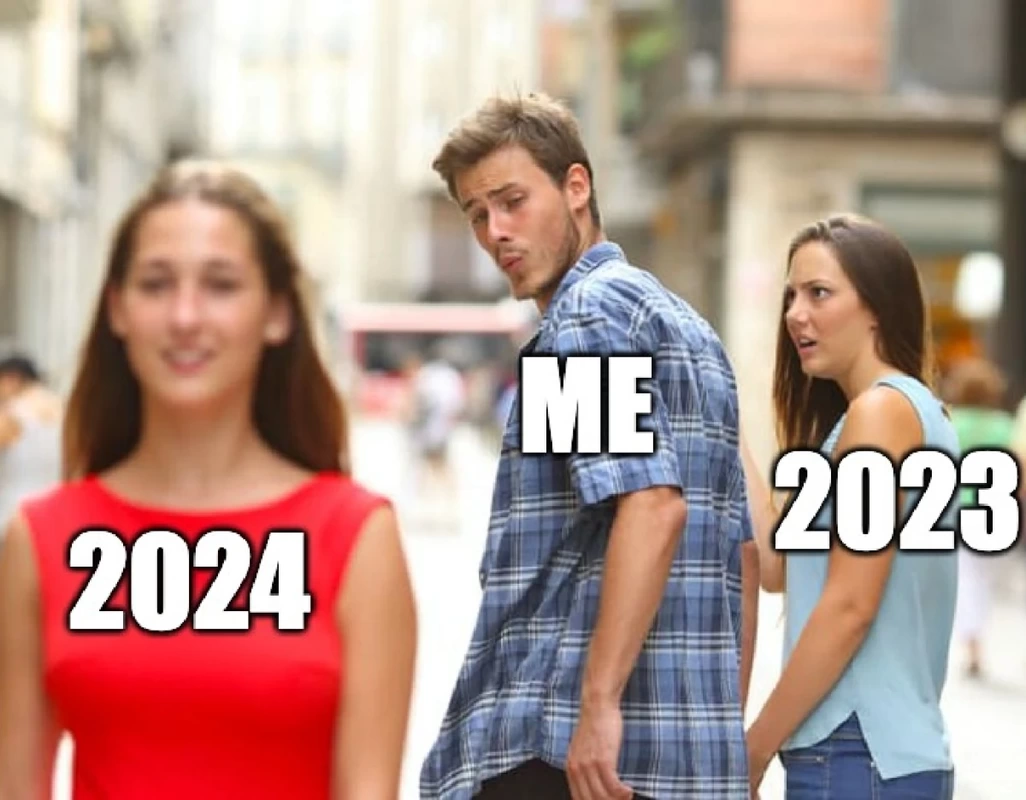
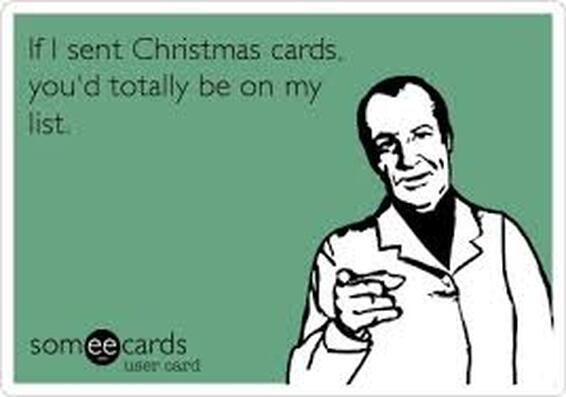
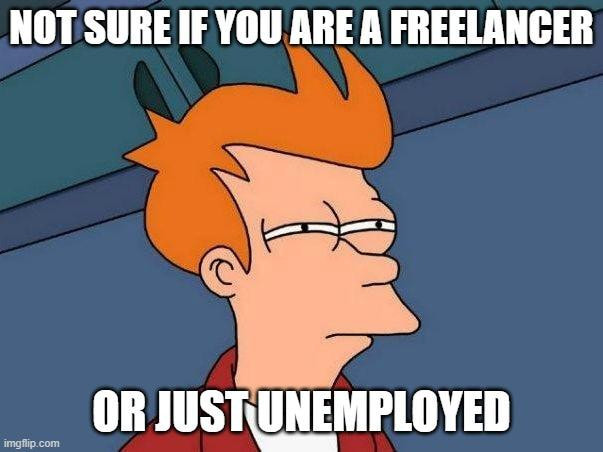



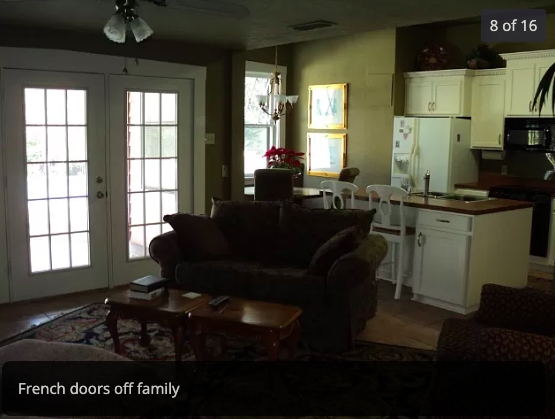


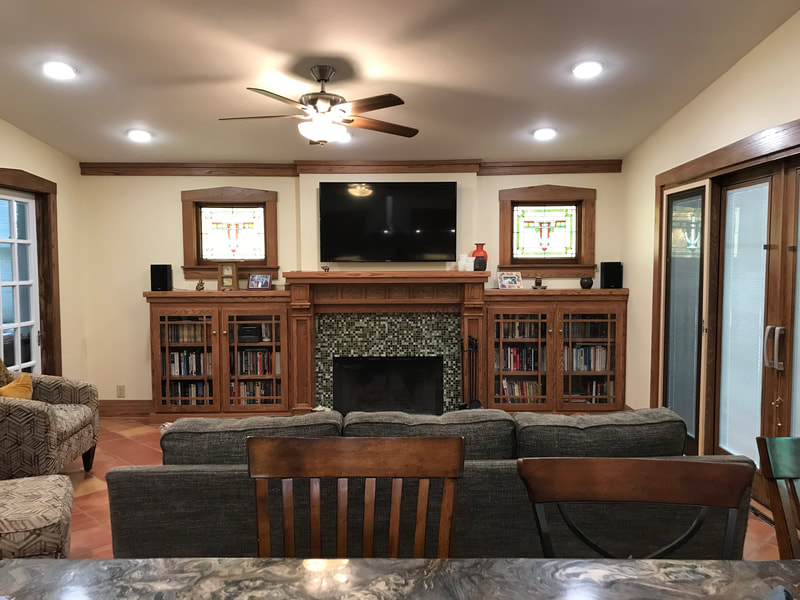
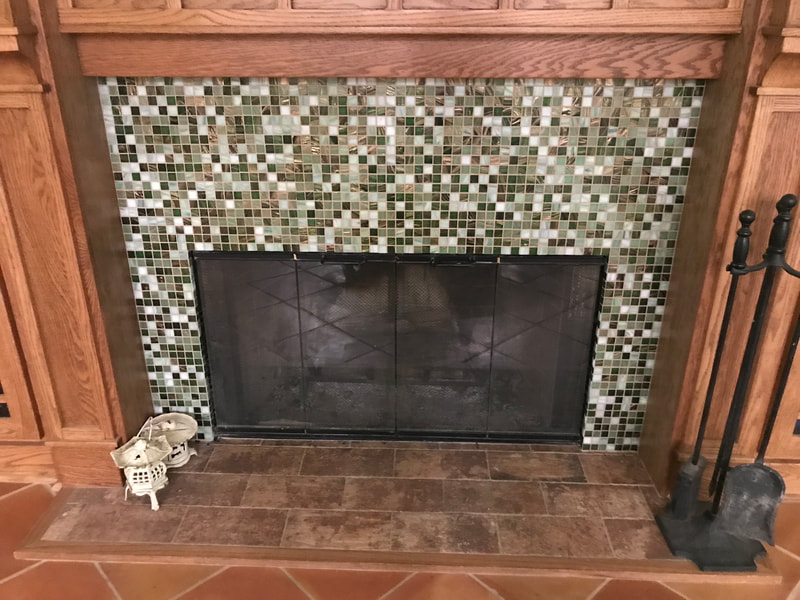
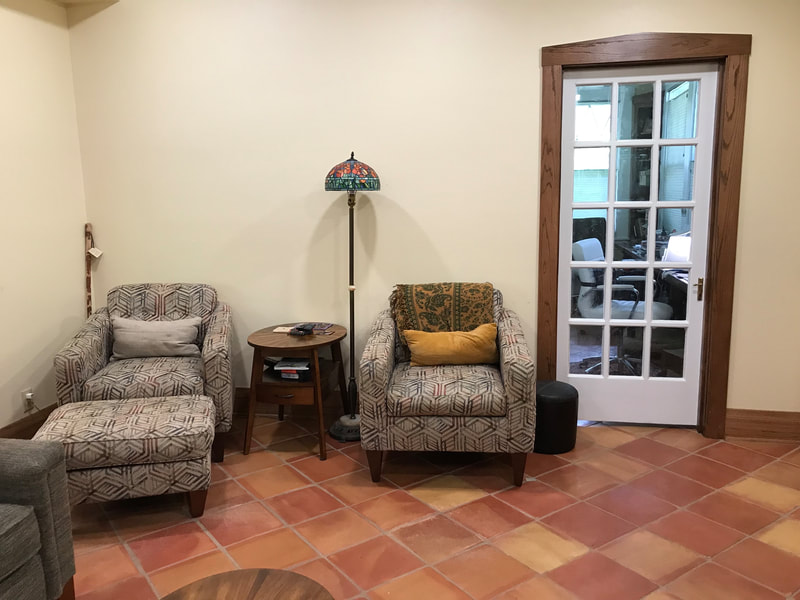
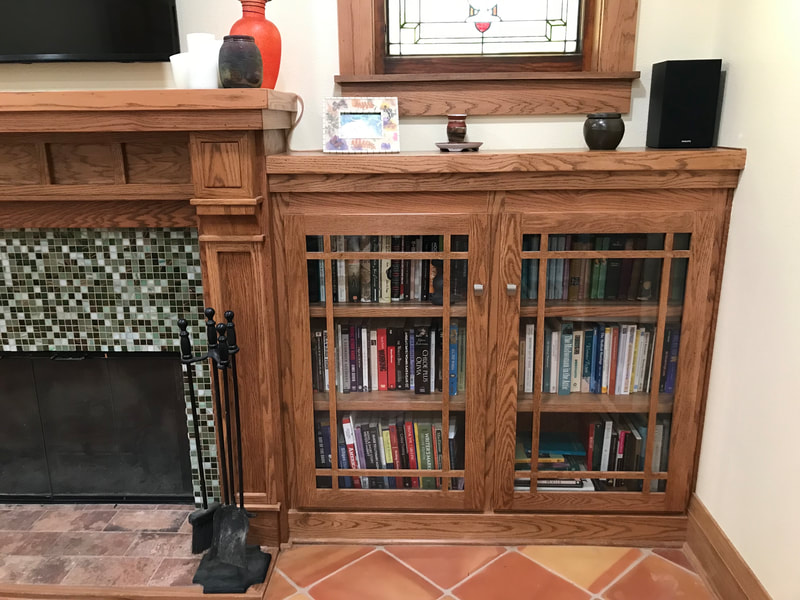





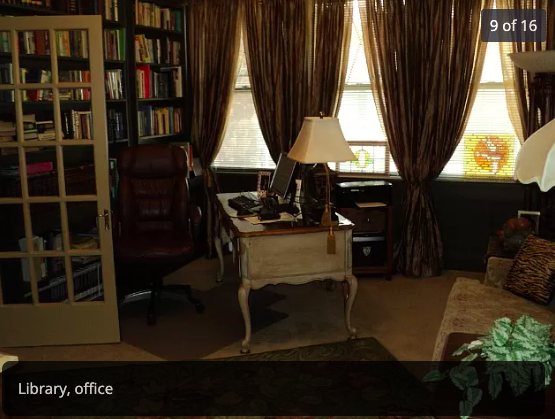
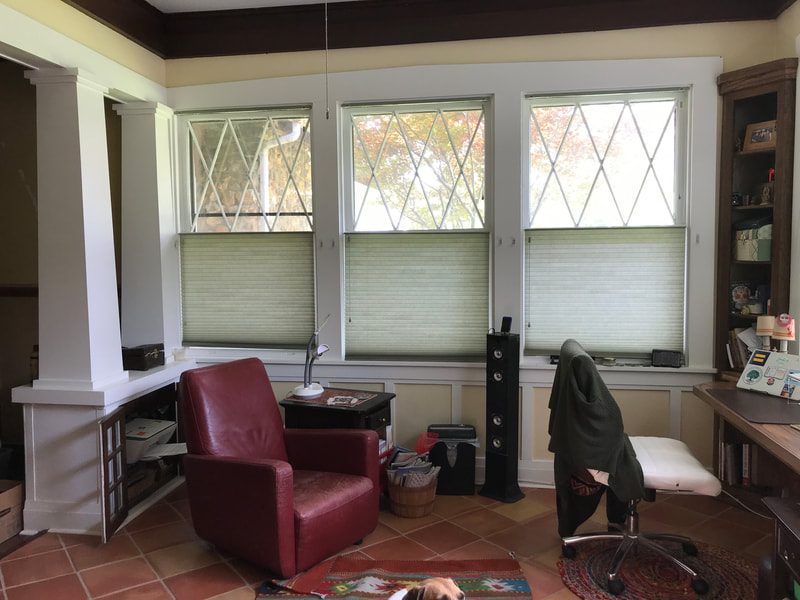
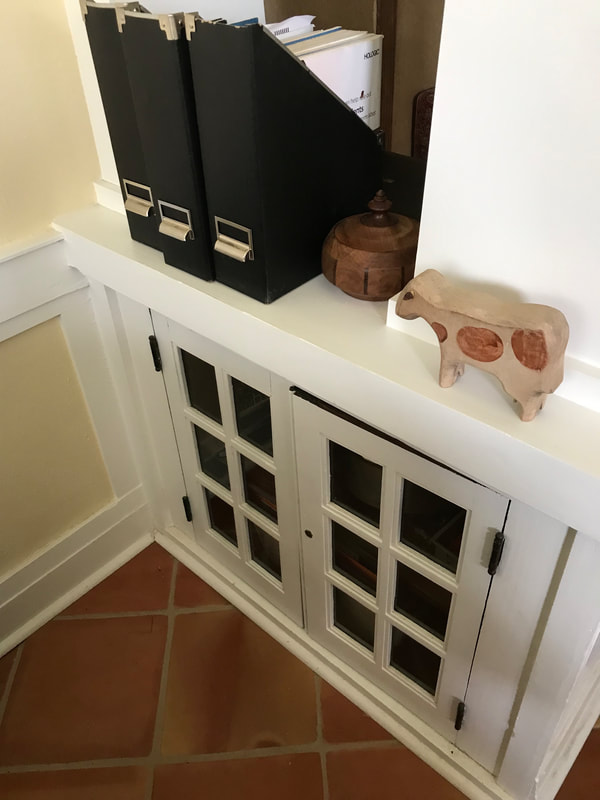

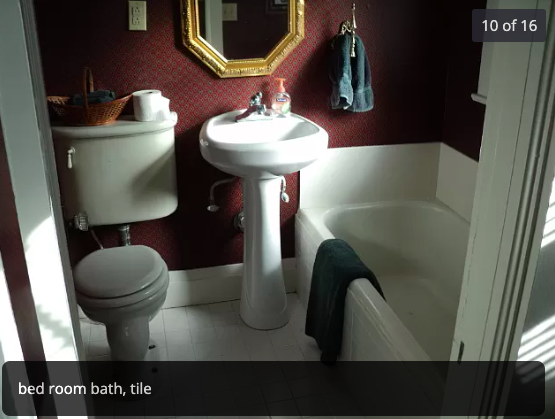
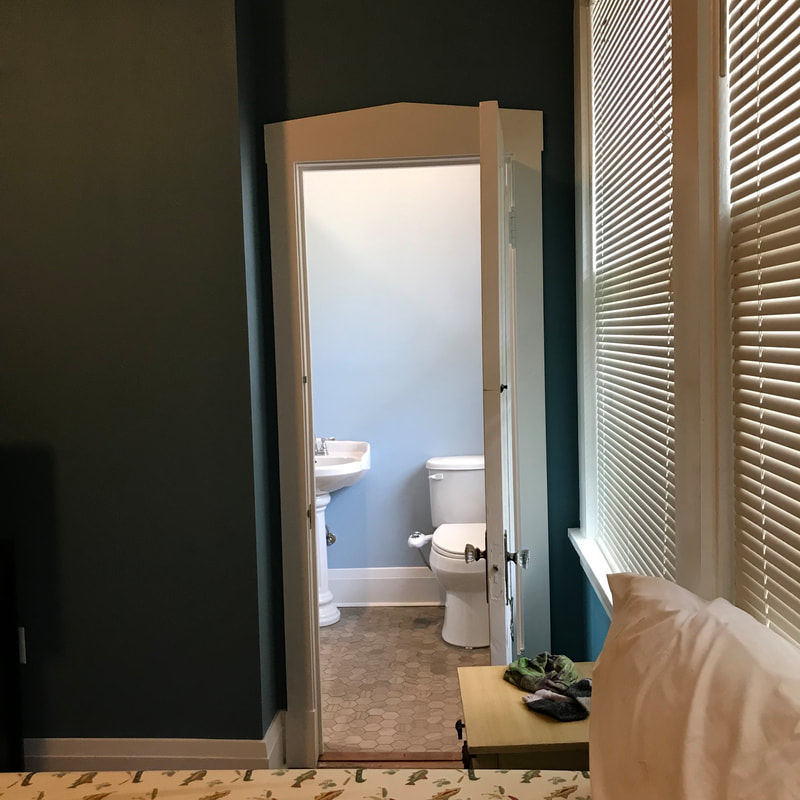
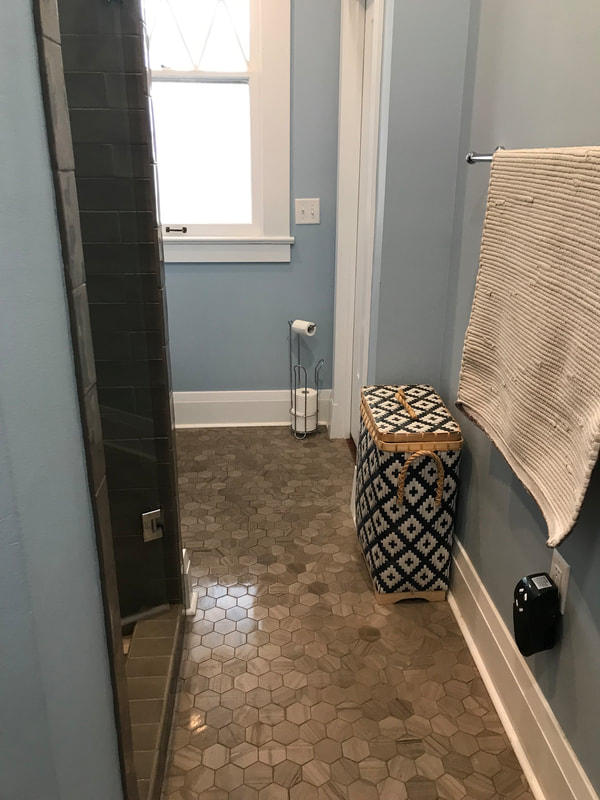
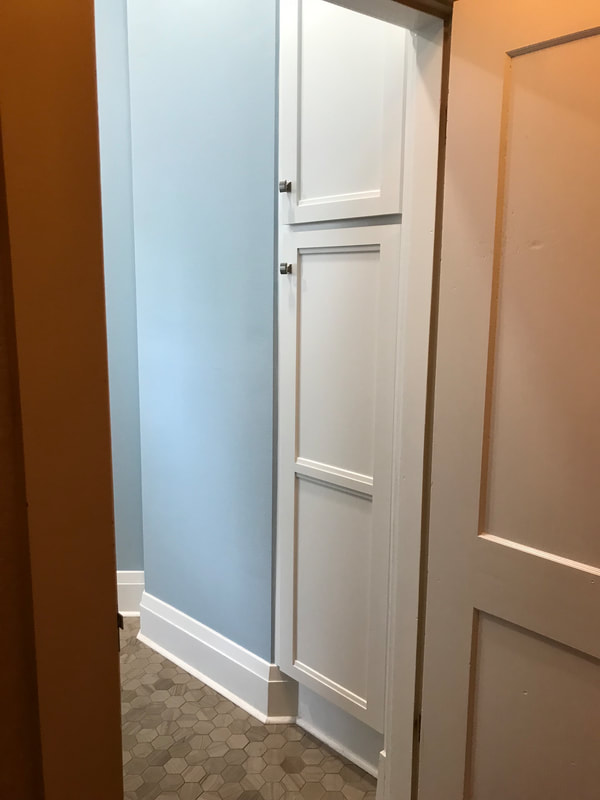
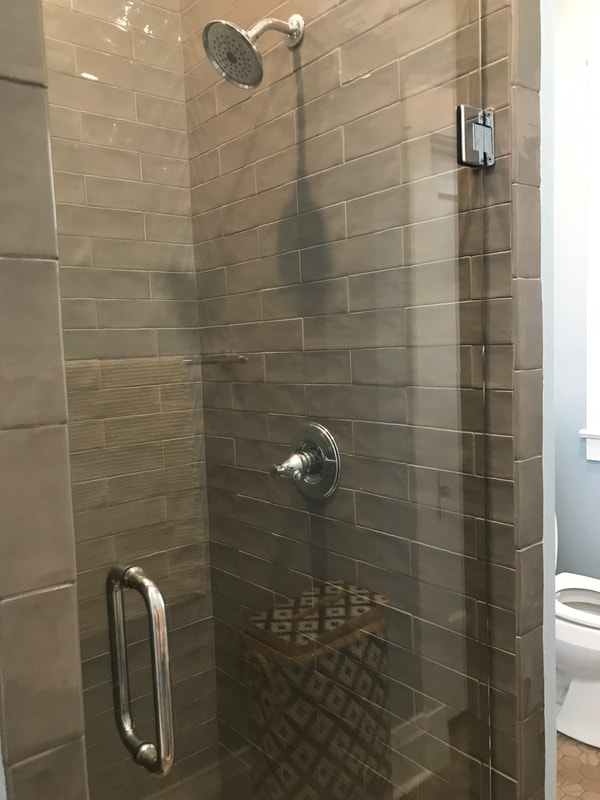

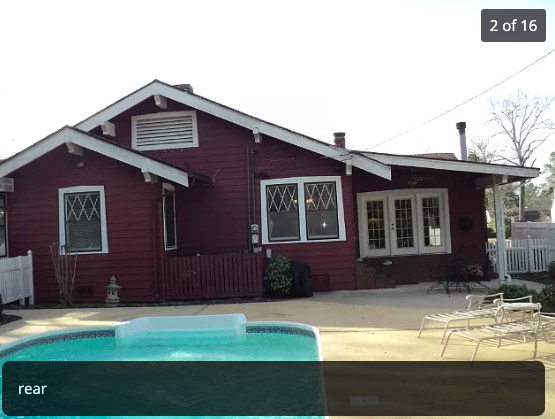

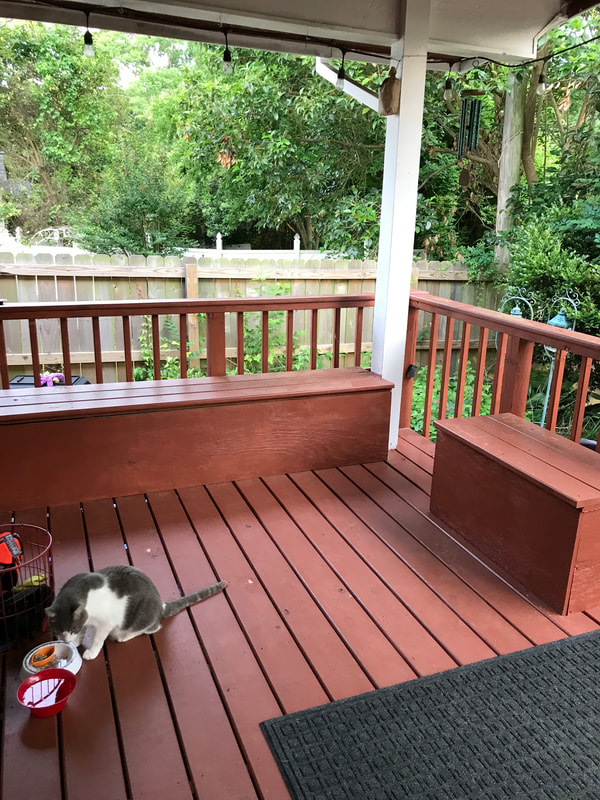
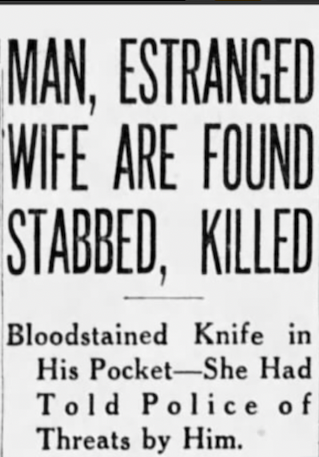
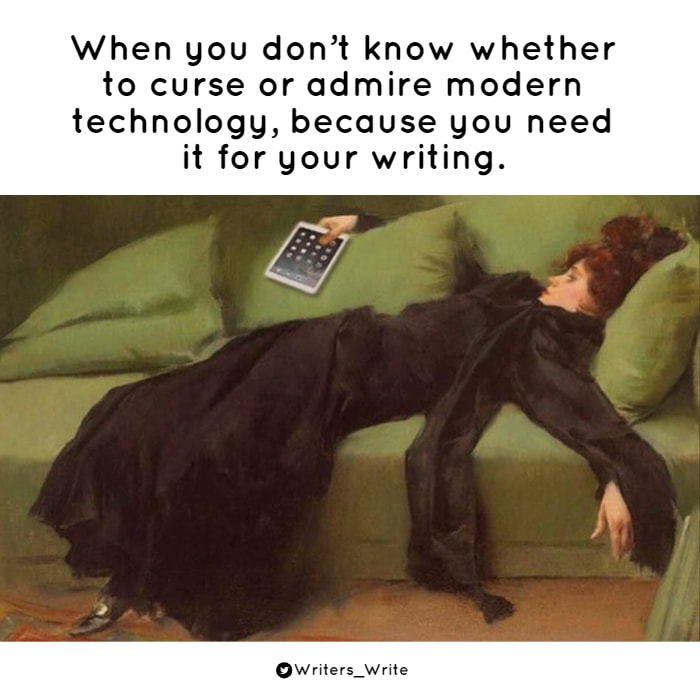
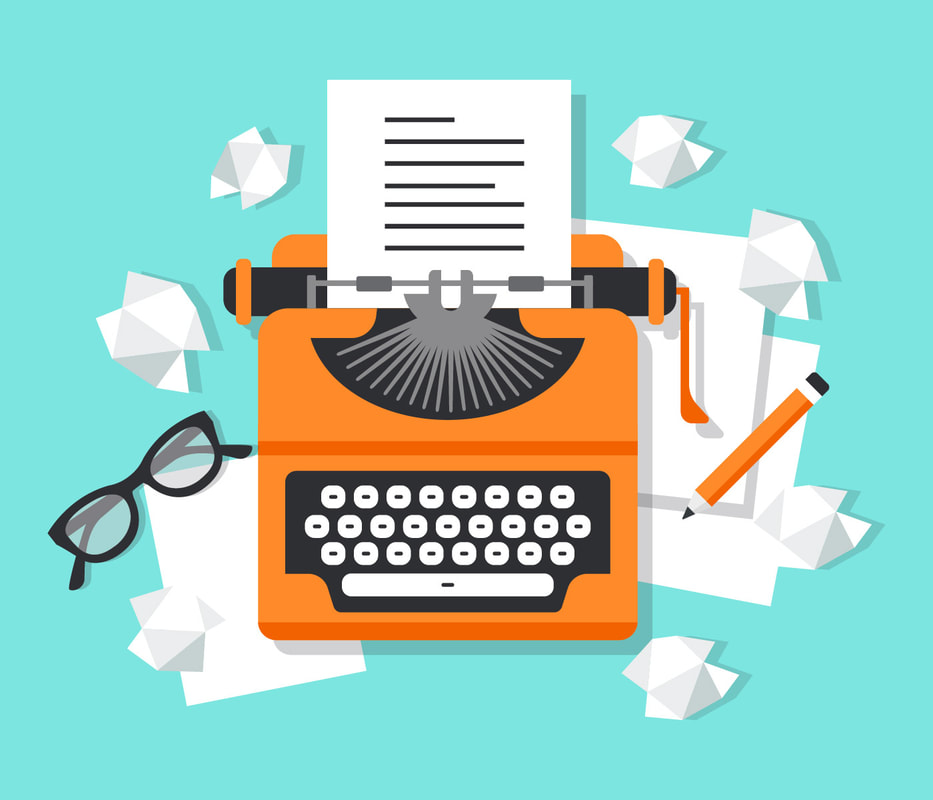
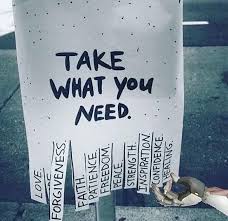

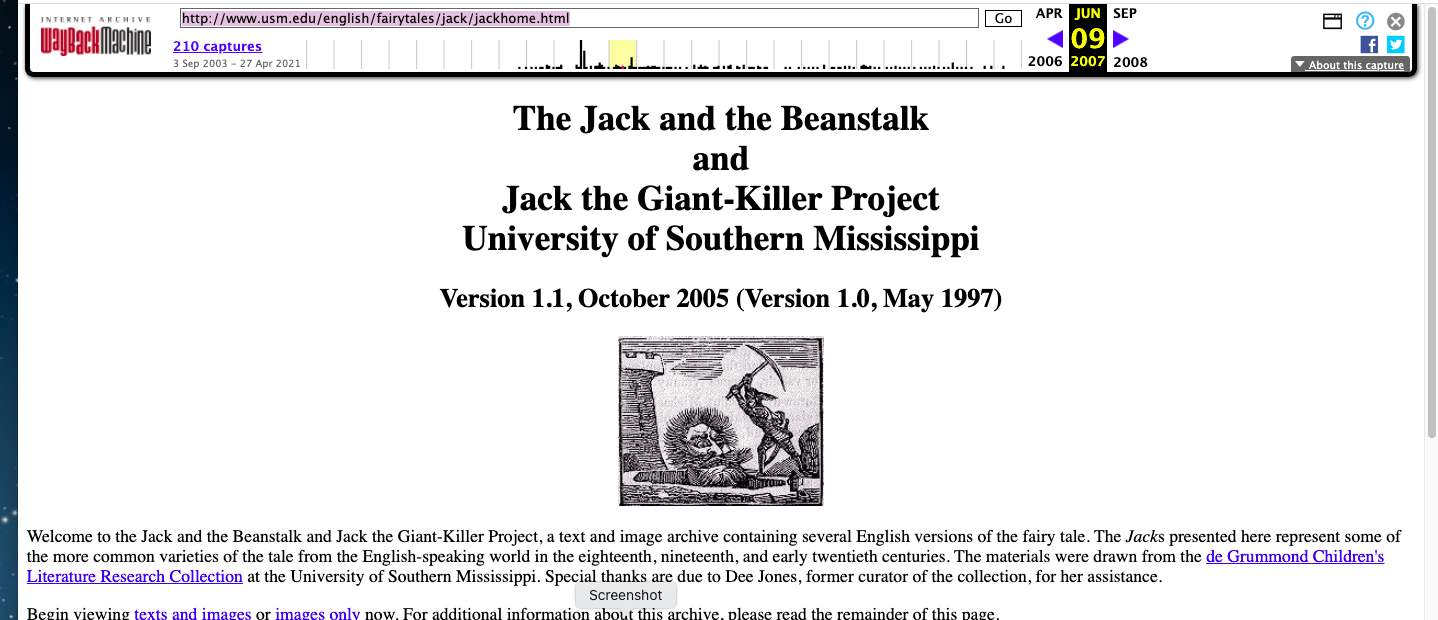

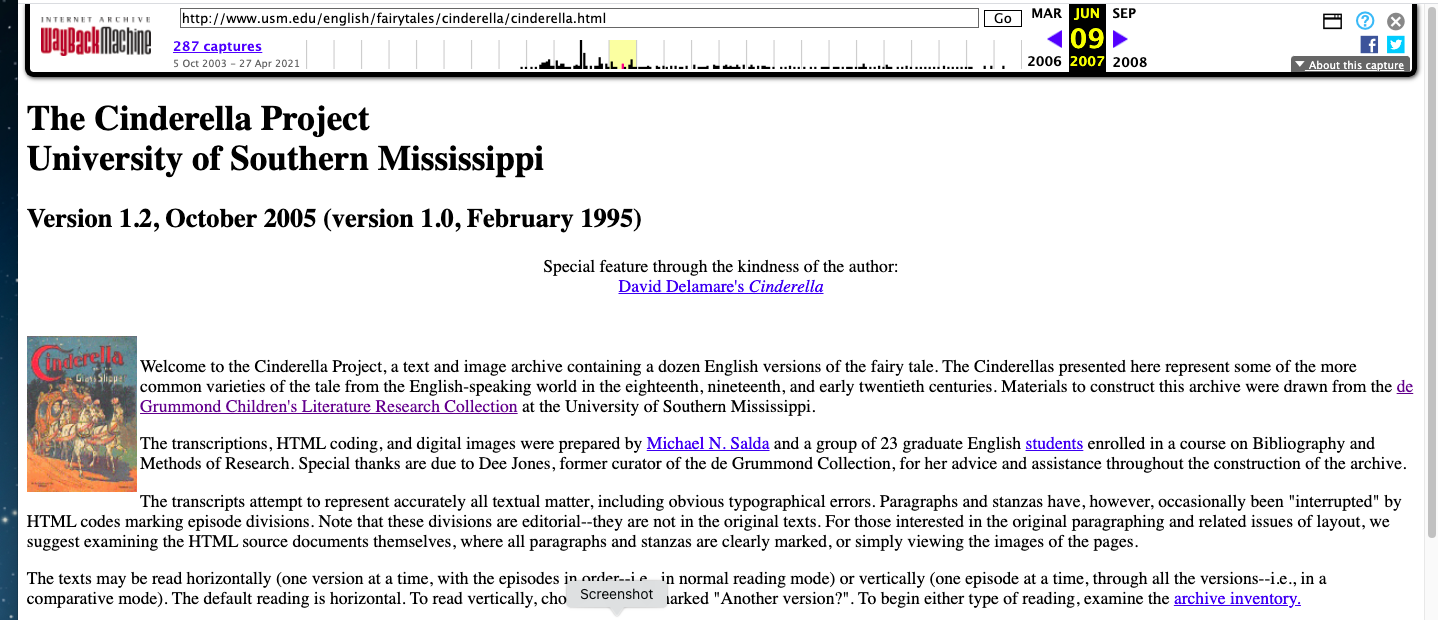

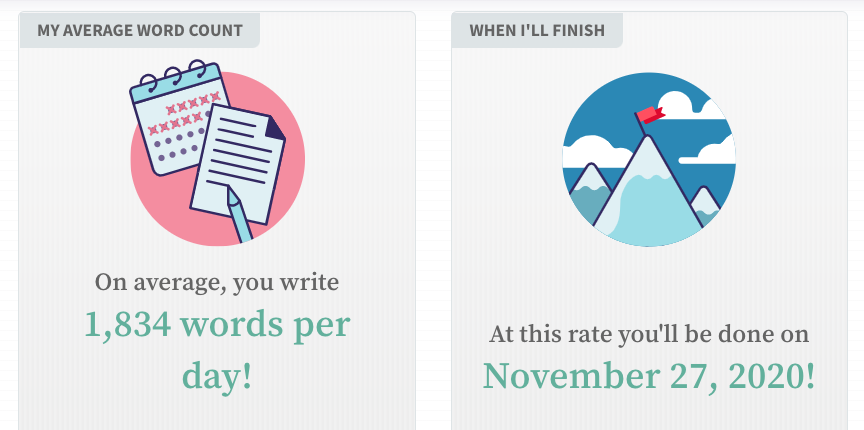
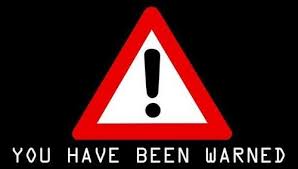
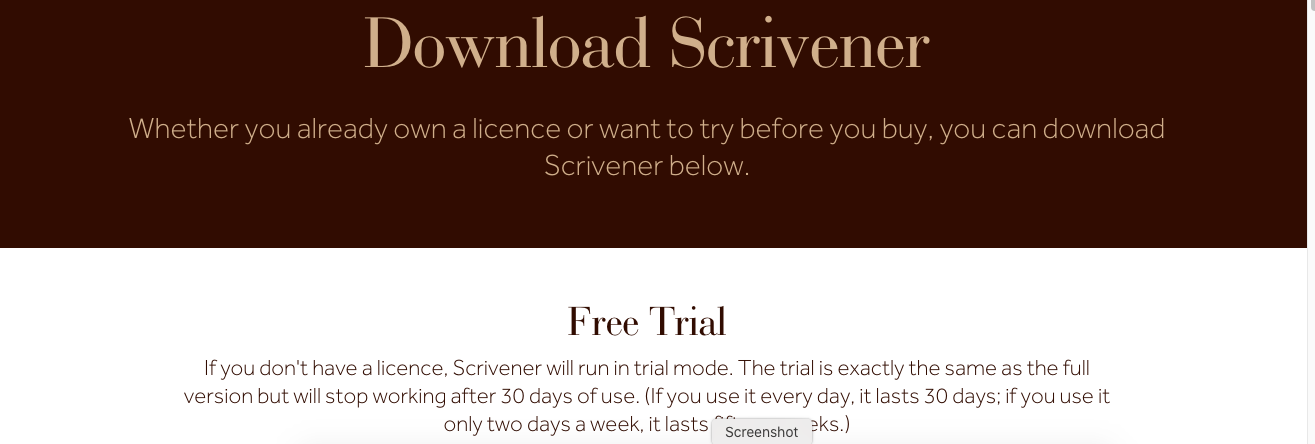
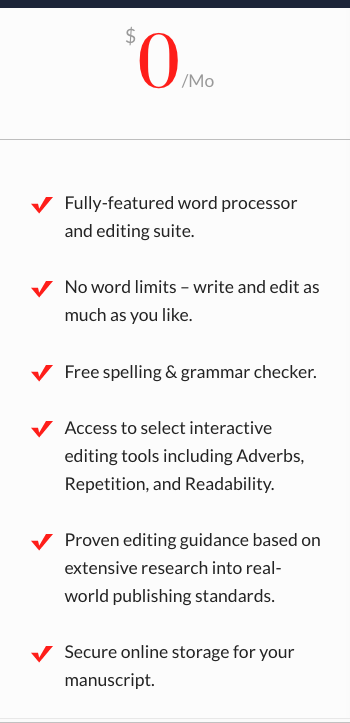
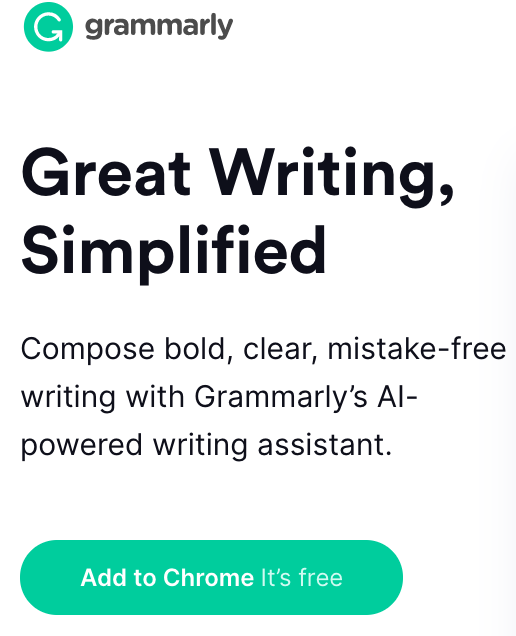

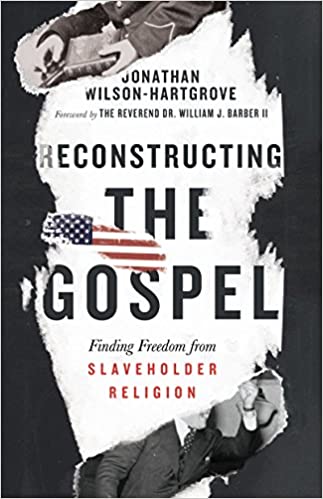
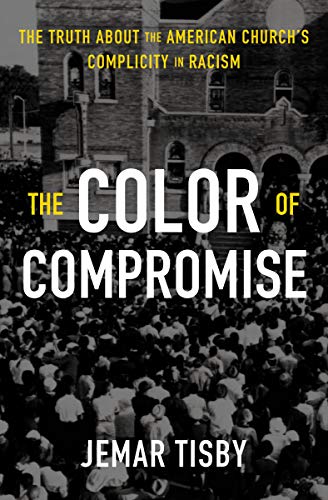
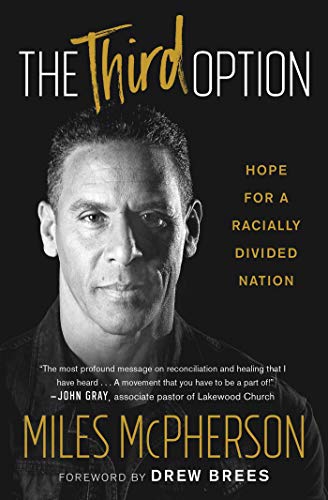
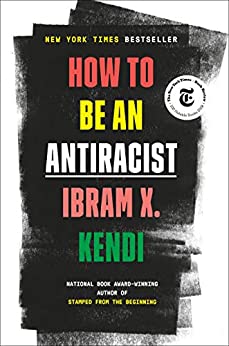
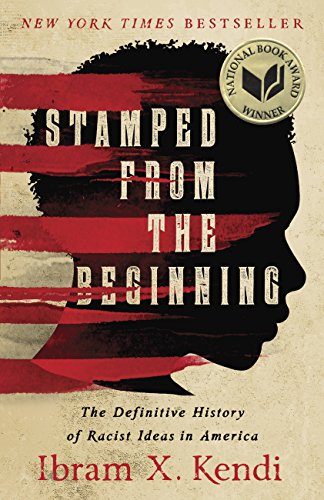
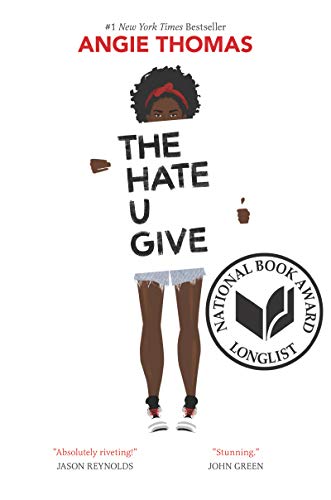
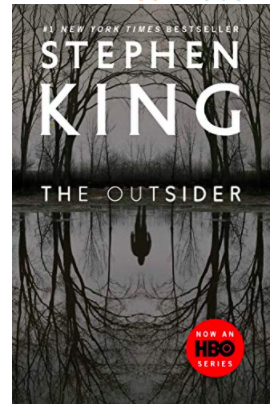
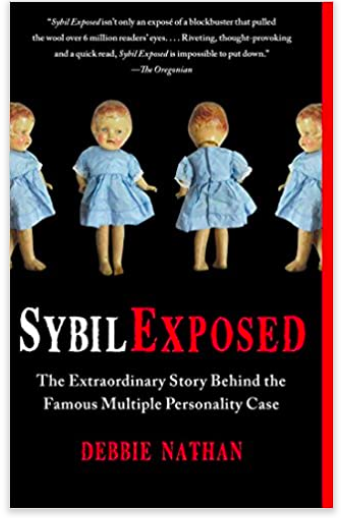
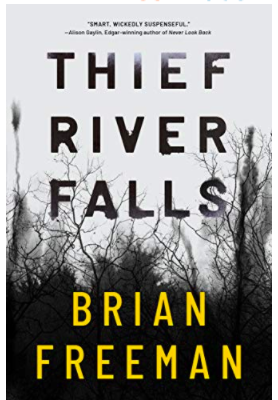
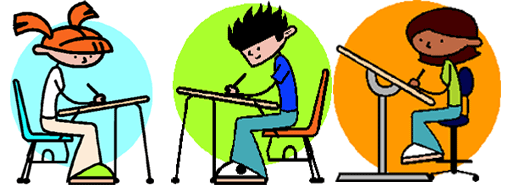

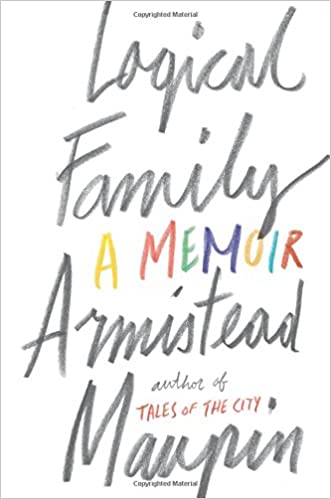







 RSS Feed
RSS Feed